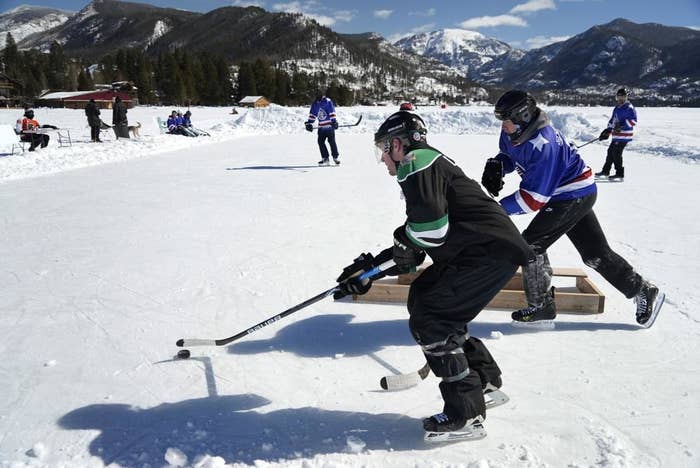When a lake is frozen, it’s not evaporating water
According to handwritten records maintained by Northern Water, a major water provider for northeastern Colorado, the last 20 years at Grand Lake saw a shorter ice season by about 14 days than the prior 20-year period. There, November’s air temperature has warmed on average about five degrees Fahrenheit, according to data by the National Oceanic and Atmospheric Administration. This past November was the second hottest on record. David Gochis, a hydrometeorologist at the National Center for Atmospheric Research, says Colorado’s trend of very hot summers and last year’s unseasonably warm fall combined to raise the lake’s water temperature, contributing to a delayed and gradual freeze. That meant the hockey tournament in Grand Lake had to be pushed back, already a sign of community adaptation.
1.

Become a Community Contributor.

